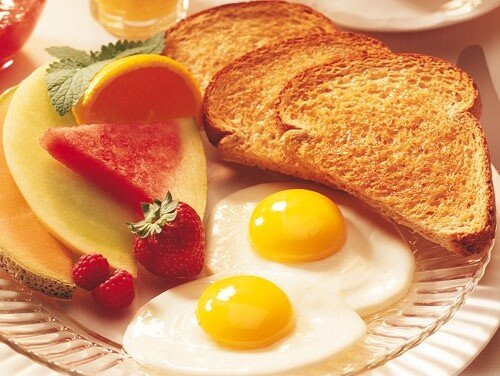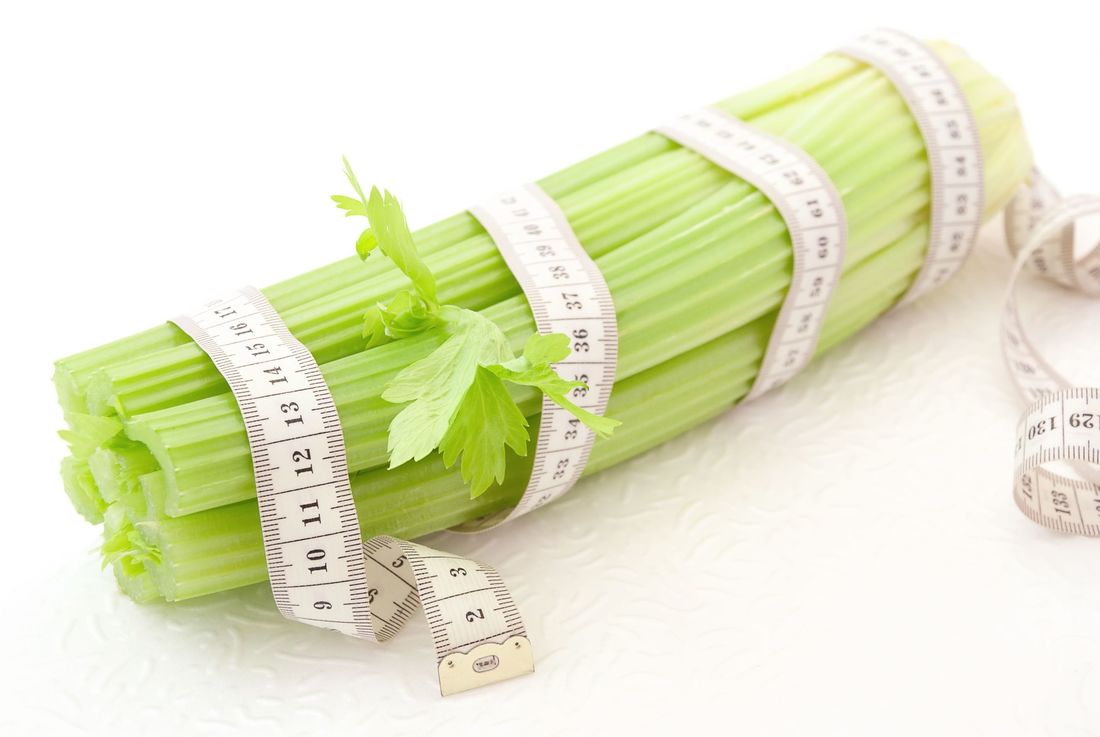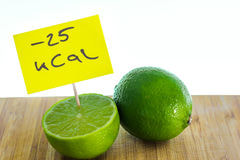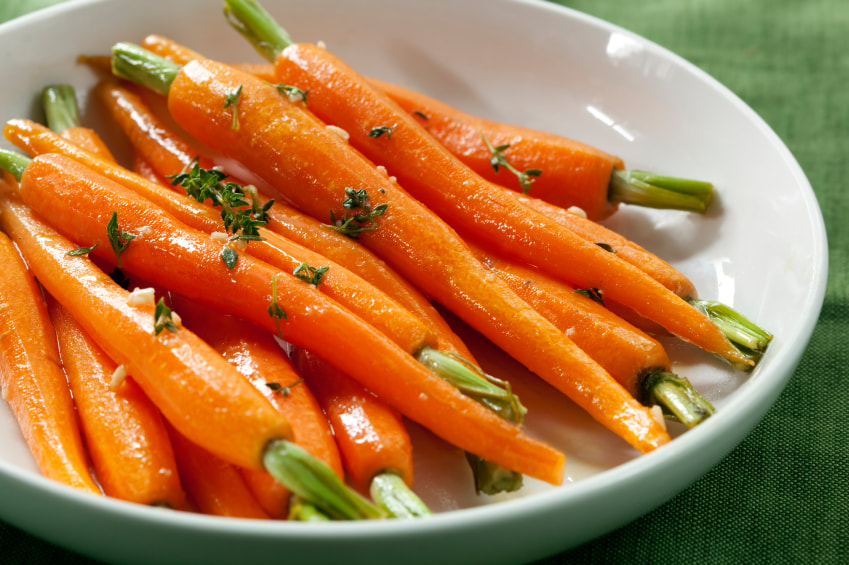|
FACT: At the fundamental level, an egg contains all the necessary nutrients required to nourish and nurture a cell into an organism. Scalloped inside an eggshell is nature’s most nutritively virtuous liquid, and since ages egg is considered to be among the most nutritious food options for all age groups. An incredibly wholesome food although, it is more than often misunderstood as a potent health risk.
The white of an egg is essentially 90% water with proteins like albumin, globulins and mucoproteins dissolved in it. It offers around 6g of protein that is almost 12% of our daily protein requirement. The yolk is home to a splendid array of nutrients like vitamins, essential fatty acids, carotenoid antioxidants like lutein and zeaxanthin, choline, minerals like sodium, potassium, phosphorus, calcium, magnesium, iron, zinc, copper, etc., and offers around 4.5g of fat and 185mg of cholesterol that approximates to 62% of our daily requirement. The presence of this cholesterol has given eggs a bad reputation and driven the fear of heart attacks and strokes in skeptical consumers! By just knowing that cholesterol raises your risk of cardiovascular disease is only half the information; there is much more than what meets the eyes and this brings us to the need to know how and how much of cholesterol is detrimental. Cholesterol is a sterol (a type of lipid), an organic compound synthesized by the liver and is crucial for the structural integrity of cell membranes and for production of bile, vitamin D and steroid hormones like testosterone and estrogen. It is practically impossible to have a functional healthy life without cholesterol in our body. Since the liver endogenously produces it in a feedback-inhibitory manner, any higher intake through diet leads to a net decrease in its synthesis while lower intake causes the opposite effect. It is a demand-supply chain that keeps cholesterol levels in the body regulated. Also, it is the saturated/trans fats we consume that stimulate liver to synthesize cholesterol and not cholesterol per say. Eating 4-8 eggs per week is an extremely healthy choice and definitely does not add to any extra cholesterol in our body. Rather, it helps increase the good HDL cholesterol level along with a marginal increase in number large LDL particles. Another very critical aspect that many ignore is what is eaten along with the eggs. If you wish to nail the culprits, blame those toasts smothered with butter or fried bacon or similar accomplices. A more insightful choice would be to chaperone along some complex carbs, greens and vegetables. Ergo, consumption of eggs in moderation can be cardioprotective and contrary to the popular myth, an egg a day can indeed keep the cholesterol away! So shell out a couple of those yellow-eyed delicacies and enjoy one the most ‘eggs’quisitely power-packed foods on this planet! FACT: Negative calorie foods, by coined definition, are those food types that utilize more energy in terms of calories to get digested than they carry. But do these negative calorie foods really help us lose weight?
Firstly, calories can scientifically never be in negative, hence the term negative calorie is figurative. Secondly, we need to understand that although our body uses internal energy resources to digest food we consume, only a small fraction of the total energy is utilized for it since there are other vital processes and systemic functions that use up the same resources. Yes, there do exist certain negative calorie foods like celery, carrot, cucumber, water, etc. which are low in calories due to their high water concentration and may take longer to digest owing to their fibre content, thereby keeping the consumer satiated for a longer time and preventing further consumption of unwanted calories. These food types can be incorporated into our daily diet along with other essentials but the question remains if they are sufficient to support the nutrient requirement of an individual. A diet comprising exclusively of water, celery, cucumber, lettuce, onions and other negative calorie foods although tops the list of crash-diet planners, is impractical and unsustainable for a healthy functional body and it would leave you extremely low on energy and nutritionally deficient. Realistically, there is no single magical food or a group of foods that can take the credit of weight loss. A more convincing way of burning down calories would be to club regular exercise with a balanced meal that can nevertheless be scattered with a few negative calorie foods as well. To conclude, however tempting this catchphrase may sound, negative calorie foods do not necessarily help in weight loss. FACT: Cooking vegetables makes them soft, digestible and palatable by our system without expending huge amount of energy. There are downsides of cooking as well and many believe that raw vegetables are healthier to consume than cooked ones because cooking reduces their nutritional value. This cannot be disputed completely since certain nutrients like vitamin C get degraded when subjected to high temperatures. But, there are more and plenty of exceptions to this and certain vegetables behave contrary to this principle. Carrot tops that list.
Carrots are rich source of beta carotene, a carotenoid with antioxidant potential. Beta carotene is cell wall-bound in its original state. Cooking the carrot (boiling, thermal processing, etc.) causes carotene to disengage with the wall matrix, making in more bioavailable and absorbable. Also, it prevents deterioration of traits like flavour and colour by thermally inhibiting enzymatic activity and to a great extent, enhances the shelf life of carrots. It is not just important to consume vegetables, but also to ensure that their nutrients reach you available and intact. Therefore, opt for cooked carrots instead of raw ones and exploit their nutritional benefits to the maximum. Myth: Diets are not advantageous!
Fact: When you eat fewer calories than you need, you body starts using fat stores to compensate for the lack in calories to keep functioning properly and this is the principle behind weight loss. Ensure to practice moderate diet restrictions instead of taking up some extreme diet plans that asks you to sacrifice all your favorite foods, limits the number of foods or one that is extremely low in calories that it leaves you feeling hungry. Following such extreme diets plans would induce you to ‘give up’ your diet and you end up telling yourself and others that the diet did not work. To lose weight the healthier way, try to follow a well-balanced diet plan that allows you to include your favorite foods and one that makes you lose only 0.5-1.0 kilogram of body weight every week. To lose 0.5 kilogram of fat, you must burn 3,500 calories more than what you eat-in other words, you need to decrease your consumption by 500 calories every day. Myth: ‘Healthy eating’ product ranges suit you the most if you are seriously interested to lose weight Fact: This statement is true in the case of some products, but not all. While ‘healthy products’ concentrate on skipping on the fat part, they don’t take any care over sugar, salt or calorie content. All the more, these products might contain the same number of calories or in fact, more calories than the standard foods. Some other healthy eating products help you cut down on fat and calorie content by reducing the serving size which in due course of time can leave you hungry and you might even try to eat a calorie-rich snack. Myth: What you eat is more important than how much you eat Fact: Calories are calories from whatever nutrient they might come from, be it fat or carbohydrates. Some people eliminate these two nutrients from their diet, but end up consuming the same calories from other foods. Eating too much of any food is going to make you eat more calories than what you are going to burn and you end up gaining weight. In other words, it is the amount of food you eat that is important to calculate the calories added to your body. Myth: Fast foods cannot be in my diet plan when I am planning to lose weight Fact: Any food can occupy a place in your diet plan with some meticulous planning. First, don’t choose over-sized meals, secondly, be smart to choose low-calorie foods that are becoming dominantly prevalent in fast-food outlets such as salad, fresh fruit or mineral water. Think before you add some extra mayonnaise or sauce than you require as these can contribute towards more calories. If you feel the portion sizes served at restaurants are more, try to share it with a friend. Also, stay out of fried foods, request for less oil or coconut in gravies and sip water or a diet drink instead of going for a sweetened beverage. You can even check out the nutrition information of foods as many restaurants nowadays provide details of the same. |
AuthorDietitian & Nutritionist Dr. Nafeesa Imteyaz. ArchivesCategories |
- Home
- Written Testimonials
- Consult
- Clinics
- Blogs
-
Diet & Nutrition
- Diabetes Reversal
- IVF IUI not needed for PCOS PCOD Infertility
-
Medical Nutrition
>
-
Disease & Conditions
>
- Infertility | PCOS
- Diabetes Mellitus
- Cholesterol
- Hypothyroid
- Kidney Problems
- Hypertension
- Cardiovascular Diseases
- Liver Diseases
- Gastro intestinal disorder
- Cancer
- Metabolic Disorders
- Orthopedic Disorders
- Eating Disorders
- Dietary Recall
- Weight Record Filled By Clients
- Online Payment Transaction Details
- Online Clients Weight Check Form
- Our Program Package Service Charges
- Weight Record 2017 Clients
- Measurements sent by Clients
- Terms & Conditions Of Payment
- Thanks. Your Form is Submitted
- Video Testimonials
- Lifestyle & Wellness
- Lifestyle & Wellness Blog
- Allergy & Intolerance
- Weight Loss / Gain
- Weight Loss / Slimming Blog
-
Disease & Conditions
>
- Life Cycle Nutrition >
- Sports Nutrition >
- Integrity in Nutrition
- Knowledge Centre
© COPYRIGHT 2022. ALL RIGHTS RESERVED. FRST HEALTHCARE PVT LTD.
Dr. Nafeesa Imteyaz of First Eat Right clinic, is the Best Dietitian Nutritionist in Bangalore. Best Dietitian Nutritionist in Pune. Best Dietitian Nutritionist in Hyderabad. Best Dietitian Nutritionist in Chennai. Best Dietitian Nutritionist in Mumbai. Best Dietitian Nutritionist in Delhi. Best Dietitian Nutritionist in Kolkata.





